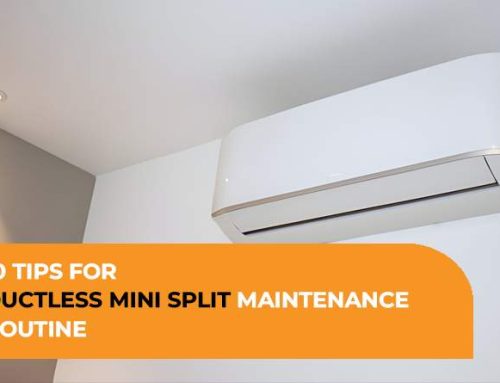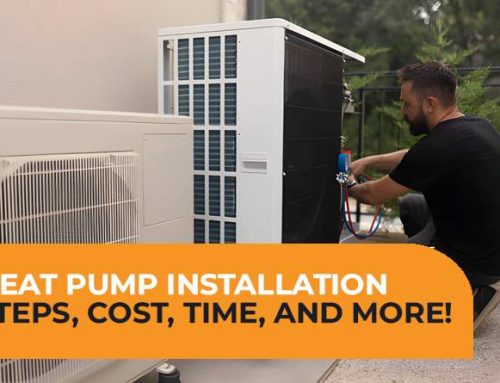When your air conditioner (AC) is running at peak efficiency, you win.
Not only will your electric bills in Colorado be cheaper, but your AC system will also last longer. Plus, your equipment will be operating at its best, so you will experience maximum comfort.
The first step to optimizing efficiency is remembering to change your system’s air filter once every three months. This simple maintenance task ensures a balanced airflow, so your AC doesn’t overwork itself.
According to the U.S. Department of Energy (DOE), by changing out a dirty filter for a clean filter in your heating, ventilation, and air conditioning equipment, you can use up to 15% less energy monthly. Not only that, but it will also properly catch dust and debris, giving you better indoor air quality as well.
We are showing in this article the 5 most common ac repairs our team is facing.
Frozen Evaporator Coils
Your evaporator coils are in your indoor unit and they lower the temperature of the refrigerant going through your AC. A frosty, icy coil sounds like it would be a good sign but actually, all that ice will only block cold air from going into your home. Frozen coils can come from refrigerant leaks so call us if you think this is happening.
Dirty Condenser Coils
The outdoor unit has condenser coils which, simply put, release the heat it gathers from your home, the opposite of what the evaporator coil does. But if this coil is covered in dirt, the heat won’t be able to properly disperse and will get trapped inside. Eventually, this will cause an early AC breakdown. It’s more common for outdoor units to collect dust and dirt than indoor units, so make sure you have it inspected regularly.’
Dirty Air Filter
The air filter’s purpose is to prevent the AC system from dirt and dust buildup. The filter blocks these contaminants from entering, thus protecting the coils and sensitive components. A full filter will no longer be able to function properly. People often forget about changing their air filters monthly, leading to a broken AC unit due to something that simple, so please remember to check it once a month!
Refrigerant Leak
The refrigerant is the blood of your AC, continually pumping through your system and transferring hot and cold air. And like blood, you’re not supposed to replace it or lose any. Under ideal conditions, your AC will use the same charge of refrigerant for years and years however, a refrigerant leak is harmful to your system because it causes an offset in the balance, thus forcing your AC to work with less refrigerant.
Broken Fans
Your unit has two fans: one for the outdoor unit and one for the indoor unit. They both perform a similar function: blowing away the air that collects at coils. The outdoor unit prevents overheating by blowing hot air outside. Your indoor fan blows cool air into your home, preventing freezing. When either of these fans breaks, it will cause problems with overheating or freezing.


